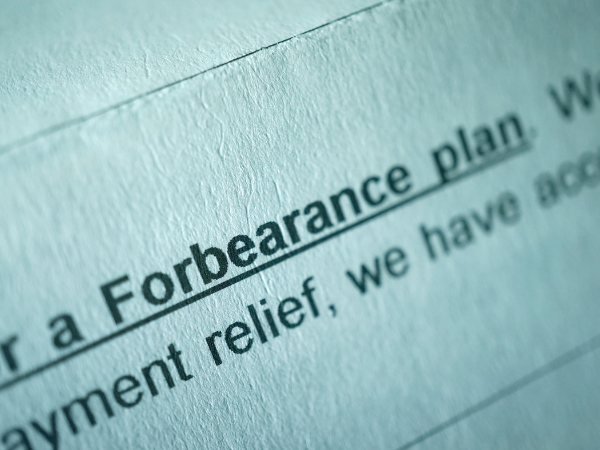The Mortgage Forbearance Program Has Ended, But What Does That Mean for Landlords

This article is provided by Contemporary Information Corporation (CIC)
With Omicron finally peaking, more mask mandates at their ends, and not to mention people’s wits, many are finally starting to ask: what about the forbearance programs? The mortgage forbearance program provided so much relief during the pandemic and many landlords relied on it while tenants couldn’t pay their rent. However, many tenants still cannot pay their rent. If the program ends before those same tenants find sturdy employment, so begs the question: what happens next?
All About Loan Forbearance
According to DS News, anywhere between 3.8 to 4.2 million homes were in forbearance last year, with the program expiring this year. Forbearance was the major step in helping COVID-affected homeowners avoid foreclosure during the pandemic, and with it out of the way, many still need help. According to Forbes Advisor, 151,153 people filed for foreclosures in 2021 and the number was higher in 2020.
Landlords around the country know this is pretty rough. Despite a recent spike, there was sharp decline and no real improvement of employment rate during the pandemic. Thanks to the Great Resignation with workers citing not enough pay and the rising cost of living (Cost of living allowance and social security benefits rose 5.9% while consumer price index rose 7%), landlords have a great reason to fear that tenants will still be unable to pay their rents. While the forbearance helped keep those landlords safe with everyone unwillingly out of work during the “unprecedented” times, we’re now years in. It’s precedented. So, what’s next?
The Loan Is Up
Here comes the hard part. If your tenants still have not gotten jobs and seem to have no good alternatives to start paying their rents, you’re going to have a hard time coming up with ways to start climbing up out of the red. After your forbearance is over, you must repay what you missed on your mortgage bills. As forbearance isn’t forgiveness, landlords still owe all interest and the principal loan that they initially took out. They do have to pay it back.
This might lead to the urge to give up and just sell the rental home, but we promise it is not the only option that you have left on your hands.
- The Mortgage Relief Program: This could reduce your payment up to 25% with the aim to reduce foreclosures. There are three different government issued loan routes this could go, including Federal Housing Administration (FHA) loans, Veterans Administration (VA) loans, and United States Department of Agriculture (USDA) loans. This assistance program is intended to help curb a wave of foreclosures post-pandemic, especially in today’s current housing conditions of rising rent and exorbitant home prices across the country.
- The Modified Mortgage: The new forty-year mortgage seems painfully long but as of fifteen months ago has lowered the monthly cost of mortgages. The idea is to help people stay in their homes or hold onto their rental properties by extending their mortgage up to 40 years, which lowers their monthly payments.
- Call Your Bank: If none of these options sound good to you, that’s fine! You can call your official at the bank your mortgage is through, and see what options are available to you through them.
While the end of the COVID Mortgage Forbearance Program may seem like a grim time, it doesn’t mean the end is nigh. There are options you can take besides throwing your hands up and throwing in the towel. Becoming a landlord in the first place shows a lot of perseverance. You stepped into the fray of a job that doesn’t have a great reputation, but you didn’t let that stop you. This shouldn’t either. Time and time again the rental housing industry has shook under our feet but that’s never stopped you before, so this won’t either. This? This is just fine.
Nicole Seidner is a copywriter at ApplyConnect, an affiliate of Contemporary Information Corporation (CIC). She holds a degree in Writing from Savannah College of Art and Design with a focus in creative nonfiction. Her free time is spent taking pictures of her dogs or reading deep-dive analysis on movies that she hasn’t seen. This article has been contributed by CIC. CIC and ApplyConnect are the preferred tenant screening service providers of the Apartment Association of Greater Los Angeles. For more information, go to https://aagla.org/cic-apply-connect.
